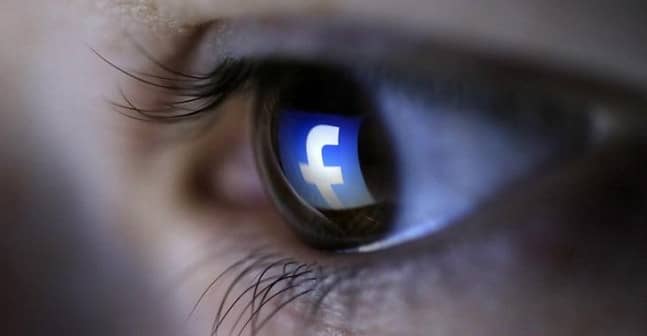Mark Zuckerberg recently faced 2 days of questions by the US politicians regarding the concerns on how the social media giant deals with people’s data. Besides the people who have an account on the website, the issue regarding the data Facebook has on people who are not a part of it also came up.
Mark Zuckerberg claimed to be ignorant of the shadow profiles set up on his website and said, “I’m not — I’m not familiar with that.” That was a surprising statement considering the fact that the non-user data collection has been under discussion for the past five years ever since it was first brought to light by researchers at Packet Storm Security. People were not impressed with his answer.
Zuckerberg just said he's "not familiar" with the term "shadow profiles."
That is bullshit of the highest order.
— Will Oremus (@WillOremus) April 11, 2018
Let us go into more detail about these shadow profiles with the help of an example. Imagine a group of three friends. We will call them John, Jane, and Sam. They know each other in real life and have each others’ phone numbers and email address on their phones.
If John joins Facebook and uploads his phone contacts on Facebook’s servers, then the social media website can suggest friends he might know based on the information he uploaded. Let’s assume John is the first among the three to join the website. The information he uploaded will be used to create shadow profiles for both Jane and Sam. If any of the two join Facebook, they will be recommended to John as a friend.
Now Jane joins Facebook and uploads all of her contacts too. The shadow profile has a ready-made connection to John through the “People You May Know” feature. Now Sam has never joined the website or agreed to its policies but Facebook has learned more about his social circle.
Even though the feature does not mean any harm and has been included with the best of intentions to help people connect to each other, the name shadow profile sounds sinister. Greater connectivity aligns with Facebook’s goals but it raises the question of data being collected without consent.
Facebook often refers to the data as “your data” and does not take ownership. But, there is a lot of data on the website that is related to you but isn’t necessarily yours. This is the data that is in question because it is not collected by you sharing it directly but by your presence or your social proximity on Facebook.
To avoid falling foul of copyright issues in the provision of its services, Facebook demands (as part of its user agreements and Statement of Rights and Responsibilities) a:
…non-exclusive, transferable, sub-licensable, royalty-free, worldwide license to use any IP content that you post on or in connection with Facebook (IP License). This IP License ends when you delete your IP content or your account unless your content has been shared with others, and they have not deleted it.
If you have been a part of Facebook for long, you will have seen the post saying “In response to the new Facebook guidelines I hereby declare that my copyright is attached to all of my personal details…” It comes around every now and then. It was a point that Republican Senator John Kennedy raised with Zuckerberg this week. You can watch it in the video below:
Given the huge size of the social media platform, Zuckerberg needs to consciously make note of all the points raised and work towards securing better privacy for the users.

